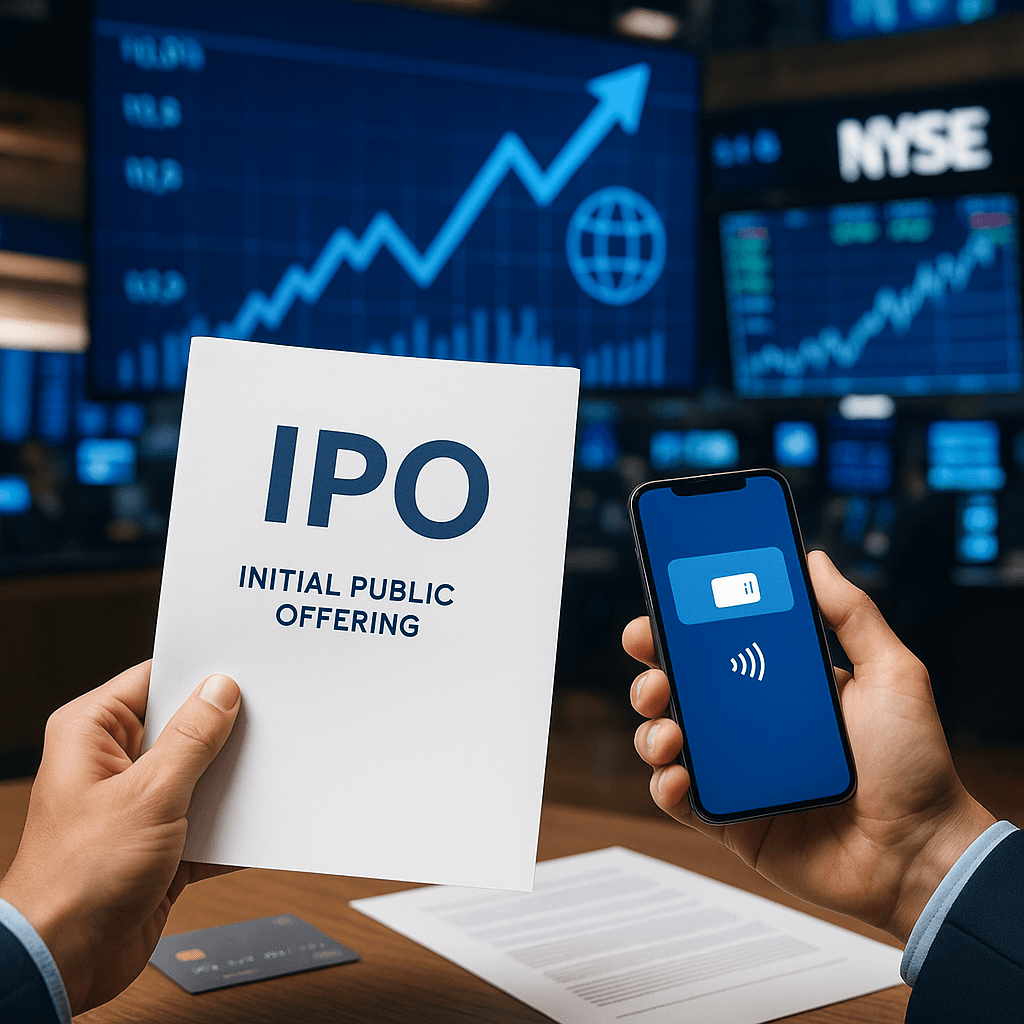Swedish fintech giant Klarna just dropped the bombshell the payments industry has been waiting for – a formal IPO filing targeting up to $1.27 billion in what could become one of the year's most watched public debuts. The buy-now-pay-later pioneer's Tuesday filing with the SEC signals a massive test for the entire BNPL sector's public market appetite.
The fintech world just got its biggest IPO moment in years. Klarna, the Swedish buy-now-pay-later giant that revolutionized how millennials shop online, officially filed for its long-awaited US public offering on Tuesday, targeting up to $1.27 billion in what industry insiders are calling a make-or-break moment for the entire BNPL sector.
The numbers tell a compelling story. According to SEC filings released Tuesday, Klarna plans to offer 34,311,274 ordinary shares priced between $35 and $37 each, with trading set to begin on the New York Stock Exchange under the ticker "KLAR." The company itself will sell just 5.56 million shares, while existing shareholders – likely early investors and employees – are cashing out with roughly 28.8 million shares hitting the market.
This isn't just another tech IPO. Klarna's public debut arrives as the buy-now-pay-later industry faces unprecedented regulatory scrutiny and growing questions about consumer debt levels. The company's journey from Stockholm startup to potential $1.27 billion public offering represents a dramatic validation of the BNPL model that traditional credit card companies initially dismissed.
Goldman Sachs, JP Morgan, and Morgan Stanley are leading the underwriting syndicate – a Wall Street dream team that signals serious institutional appetite for Klarna's story. The involvement of these top-tier investment banks suggests confidence in both Klarna's fundamentals and the broader fintech market's recovery from the 2022-2023 downturn.
The timing couldn't be more critical. Klarna's IPO filing comes as competitors like Affirm and Block have seen their public market valuations swing wildly amid changing consumer spending patterns and rising interest rates. The Swedish company's ability to price successfully could determine whether other BNPL players follow suit or retreat to private markets.
Industry watchers note that Klarna's international footprint – spanning Europe, North America, and Australia – positions it differently from US-focused rivals. The company processes payments for major retailers and has built a consumer banking platform that extends far beyond simple installment loans. This diversification could prove crucial as investors scrutinize the sustainability of pure-play BNPL business models.












